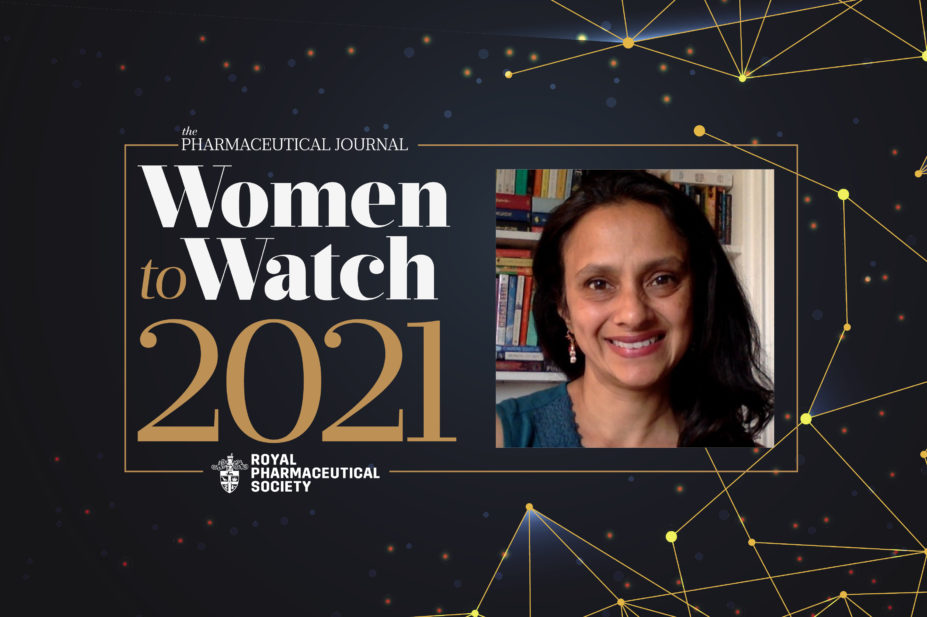
Alifia Chakera
As the head of nitrous oxide mitigation for the Scottish government, Alifia Chakera is having a national and international impact on climate change. Her work has already resulted in a reduction in the equivalent of 457 tonnes of CO2 — which represents more than 1,400 flights from Edinburgh to New York.
However, it was in 2017 while studying for a master’s degree in public health, focused on climate change, that she found her mission. She says: “Early on in my master’s I recognised our tardiness in addressing the climate crisis; rhetoric was not connecting to policy and practice. I’m very much a doer and will look at how to fix a problem.”
Her starting point was a series of rigorous investigations into what was happening with nitrous oxide — a potent greenhouse gas, 300 times more powerful than carbon dioxide. “Pharmacy as a profession has a tendency to maintain the status quo or add in another layer of admin. With nitrous oxide, we followed through on investigating and understanding how it was being used,” she explains.
Across just three NHS sites, Chakera demonstrated that over-provision, poor stock rotation, inadequate security and system loss caused an annual waste of piped nitrous oxide equivalent to 1,039 tonnes of CO2.
In January 2021, she escalated this work across the UK and, by spring, 16 hospitals had reported waste to a magnitude of 13.7 million litres. In 2021, Chakera became the first pharmacist to win the Association of Anaesthetists Environmental Award for her project, which recognises the single best project that has and will have a measurable beneficial effect on the environment.
Chakera’s colleague states that she “has brought a new drive and infectious enthusiasm to the subject and with her passionate and inclusive style she has pulled together all the relevant players”.
Not content with this progress, she is now applying the same approach to nitrous oxide within maternity wards, while keeping a focus on patient choice and assessing technology that can help reduce emissions further.
A few years ago, I wasn’t working and suddenly I’m leading a global programme of work
It is important to her that she helps international health colleagues to replicate the work that they have achieved in Edinburgh. “A few years ago, I wasn’t working and suddenly I’m leading a global programme of work,” she says. “Now my plan is to flatten UK’s medical nitrous oxide emissions with the next five years.”
Chakera observes that as a woman of colour and a part-time working mum, she has had to work hard to be taken seriously: “I’ve got rid of 1,000 flights to New York and a man gets praise for introducing an office recycling scheme,” she jokes.
“Women often need to work part time and the quality of their work is often undervalued or undermined. There’s also something about women and returning to work, there’s a lot of self-doubt but, actually, you bring other experiences that mean you are very good at what you do.”
But Chakera’s work doesn’t stop there: “There is another role I need to do more work on and that is educating my profession on the climate crisis.” She has already started that process by founding the environmental lobby group Pharmacy Declares with several other pharmacists.
“This isn’t a hobby, this is the stuff that should keep you up at night,” she says.
Panellist comments
“Alifia is clearly very driven and passionate about addressing climate change and health inequalities.”
“It is clear from the nominations that Alifia has an authentic leadership style, inclusive in her approach to make real change with a lot of this done in her own time.”
“Great level of evidence and impact demonstrated.”
Meet the rest of The Pharmaceutical Journal’s Women to Watch 2021 here


